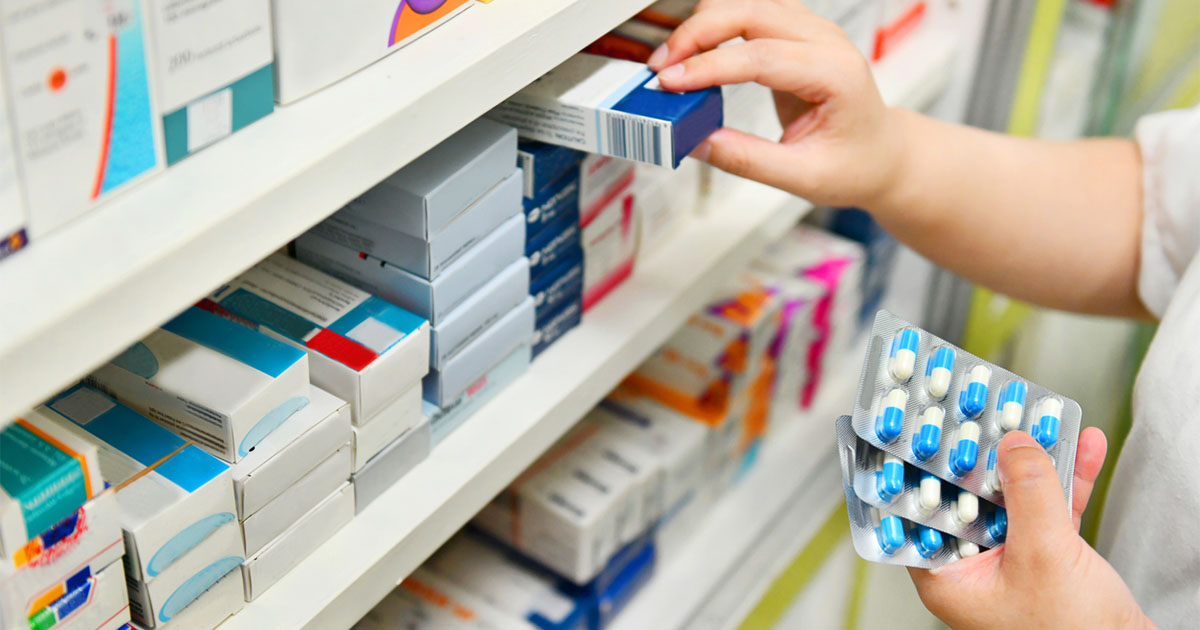“The aim of the Society is to support primary care professionals to deliver high quality, clinically effective care, in order to improve the lives of people living with diabetes”
Since its creation in 2004, the PCDS has built a large membership of healthcare professionals working in primary care diabetes, run numerous highly successful educational conferences, played a role in the development of various toolkits and other healthcare initiatives, and worked in liaison with other professional groups and in lobbying politicians.
PCDS Committee posts are elected on a 3-yearly basis, with the cycles staggered across the representatives. The Committee is always interested to hear from Society members who are seeking to take a more active role, and one way in which this can be achieved is via membership of the Committee. Elected members generously give their own time. Much of the work is done by email, but there are approximately four Committee meetings each year, typically held on Saturdays in Birmingham with preparatory meetings on the Friday evening (although these are currently being held virtually owing to COVID-19 restrictions.
How to stand for election to the PCDS Committee
To stand for election, please submit a resumé of up to 150 words to [email protected], along with a recent photograph, both of which will be published in the Journal in the list of candidates. Please also note the following points:
- You must have a substantive NHS post working in the professional care of people with diabetes in a primary care setting.
- You must be a current member of the PCDS.
- The deadline for submitting your resumé is Tuesday 7 September.
- The Committee’s constitution seeks to ensure a balance between clinicians from medicine, nursing and allied professions, and also some geographical balance.
Voting will take place in October, via an online survey, and the results will be announced at the 17th National Conference of the PCDS, which is being held virtually on 18–19 November 2021. Click on the image below for more information on this event.





Risk ratios of 1.25 for autism spectrum disorder and 1.30 for ADHD observed in offspring of mothers with diabetes in pregnancy.
18 Jun 2025